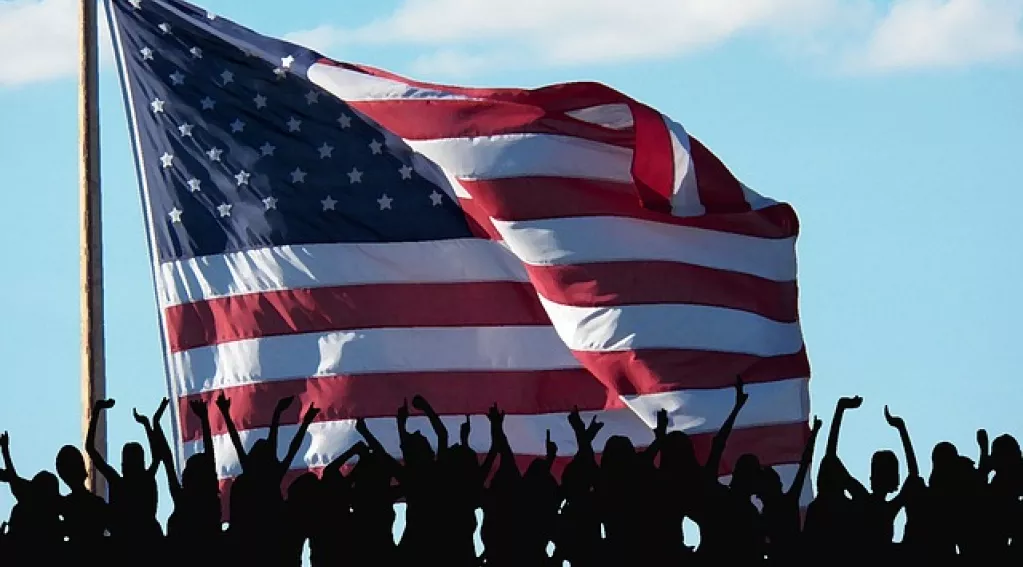We heard the President, but did he hear the American people?

President Obama addressed the nation this past Thursday to talk about his Deferred Action Program for Illegal Aliens. Numerous analyses have emerged since, including a quick fact checking of his speech or a point by point refutation. I am adding here a couple thoughts:The President highlighted the American “tradition of welcoming immigrants from around the world”, adding: “we are and always will be a nation of immigrants”.As I noted in a previous blog, immigration successes and failures are not static just as past immigration flows differ from today’s, if only in size and origin. Also, in an increasingly interconnected world (cheap and fast travel, modern tools of connection like internet, phone, television, etc.), immigrants can and usually do retain contact with their homeland on regular basis. This affects migratory experiences and encourages cultural preservation while slowing down integration processes. We should keep this in mind when faced with the ‘melting pot’ justification for maintaining our doors and borders open. In the past, a land was thirsty for people; today, people are thirsty for the land.The President also claimed that immigration helps the economy: “Our history and the facts show that immigrants are a net plus for our economy and our society…Independent experts said that it would help grow our economy and shrink our deficits.”I don’t know about these “independent” experts but one Harvard economist, George Borjas, questions such conclusions. In his book, Immigration Economics, he argues that today’s immigration generates losers and winners. The losers are the American workers; the winners are both the immigrants and the employers of immigrants. What immigration does, in short, is transfer wealth: it takes from U.S. workers to give to U.S. employers of immigrants. Look at it from a supply and demand perspective says Borjas: immigration’s supply of workers leads to the price of labor going down. When immigrants come in, the wage of competing workers goes down. Conversely, for a particular group of labor that does not include immigrants, the price of labor goes up.So, unlike what President Obama is asserting, American workers are the big losers today while American employers of immigrants share the winning stand with the immigrants.Knowing that the type of immigration the U.S. witnesses today is mainly low-skill immigration, is it wise to give work authorization to five million more unskilled immigrants? If we truly cared about the well-being of low-skilled American workers who are being hurt by additional competition, our immigration policy would be geared towards minimizing or stopping the entry of low-skilled immigrants, definitely not adding to it.Finally, President Obama talked about the “American identity”, asking people not to worry about a “change in the very fabric of who we are”, and claiming that the immigration debate was “about who we are as a country and who we want to be for future generations”. According to him, welcoming immigrants is the right, “American” thing to do.The President is right to talk about the American identity because it is at risk. When people migrate, they carry with them their own moral codes, skills, attitudes toward work etc. The reproduction of cultural capital and notions of identity and belonging – or ‘cultural transplants’, as labeled by Thomas Sowell – are in fact inherent to migratory processes. Many immigrants feel strongly about retaining much of the culture they left behind. This applies even more to large-scale immigration, the kind we witness today. If previous immigrant flows successfully assimilated to the American culture, it does not mean this outcome will apply to today’s flows. As I stated above, conditions, needs, aspirations…not to mention the world in general have changed.What is true today is that large and constant immigration flows to the United States throughout the 20th Century led to the creation of numerous “ethnic enclaves” where integration (not to mention assimilation) is hard to achieve. With this in mind, The American identity and legacy are in real danger.On a personal note, but since we are in an era of storytelling (the President shared with us the hardship and courage of Astrid Silva), I recall my father’s words: “There is so much misery out there, I cannot alleviate all of it even if I wanted to. But what I try to do is take care of my family the best I can. It is my duty, my moral duty”. We heard the President the other night, but, is he listening to us? As the elected head of this nation, is he doing everything he can to take care of this nation’s children, ahead of any other nation? Or is he failing his moral duty?
Tags
< Previous Article
Where is Obama’s Compassion for American Workers?
Next Article >
President Obama's Immigration Orders Sweeping in Scope

